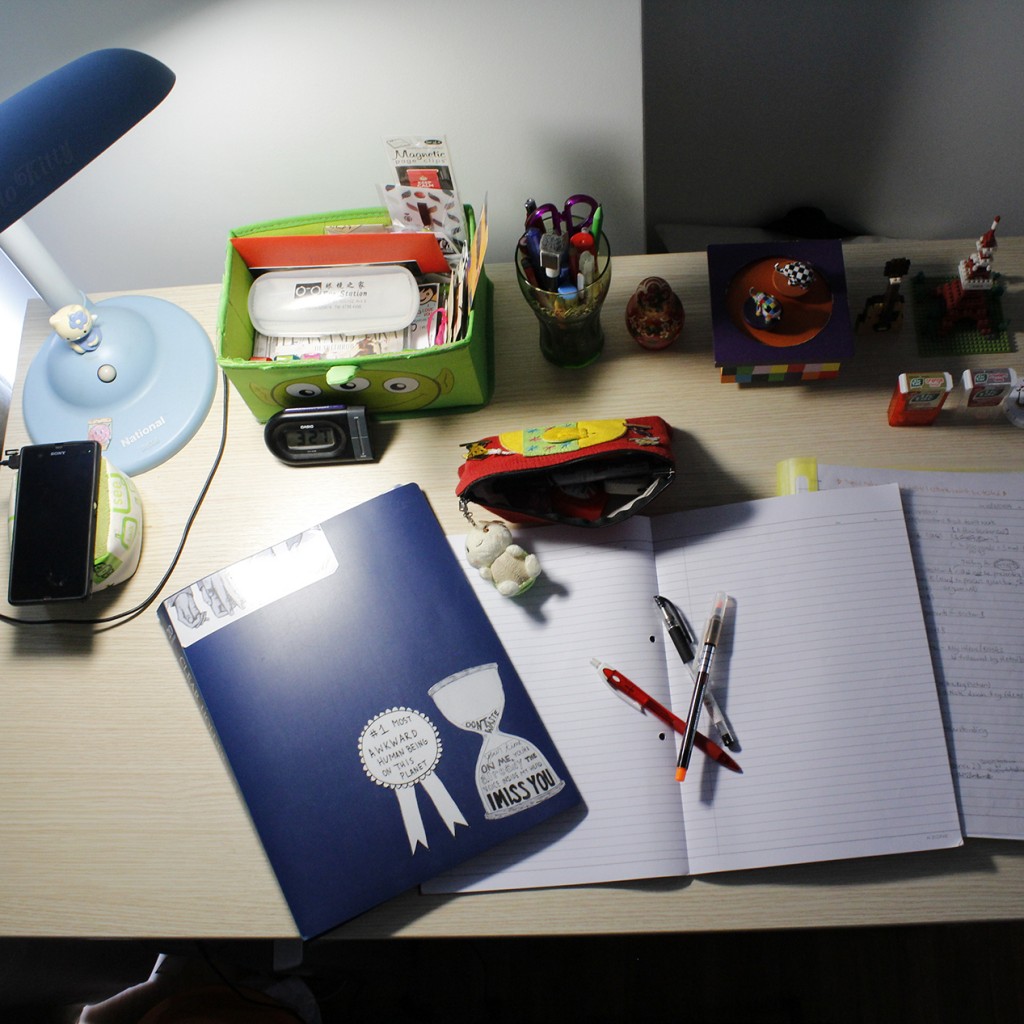Streaming may end, but will parents’ behaviour change?
March 7, 2019

Dr Kelvin Seah Kah Cheng from the NUS Department of Economics discusses subject-based banding in secondary schools in The Straits Times. Subject-based banding is a new educational scheme that will replace streaming from 2024 onwards. It allows students to take subjects taught at one of three difficulty levels, based on their abilities and strengths. According to Education Minister Ong Ye Kung, it aims to preserve the benefits of customizing education according to students’ learning pace, while minimizing the downsides associated with labelling and stigmatization.
Dr Seah stresses, however, that a more critical question is whether this new scheme will have unintended adverse consequences. He emphasizes that it is essential to recognize that it will likely prompt certain parents to alter their behaviours, given their awareness of how peers can heavily influence how an individual behaves, learns, and thinks. Hence, by mixing students of varying abilities together, parents of higher-performing children might seek their entry into single-stream schools more fiercely. Similarly, overly-concerned parents may feel a need to switch their children out of schools with subject-based banding, to prevent them from mixing with lower-performing peers. Ironically then, Singapore may have a situation where better-performing and poorer-performing children cluster separately in certain schools, increasing polarization and reducing diversity.
Given these potential problems, Dr Seah urges parents to recognize the value in social mixing, and having their children work well with others regardless of background, especially since soft skills such as communication and leadership are likely to feature importantly in the future economy. He also suggests that it would be timely for policymakers to anticipate these responses and pre-emptively address them before the scheme officially comes into effect.
Read the article here.
